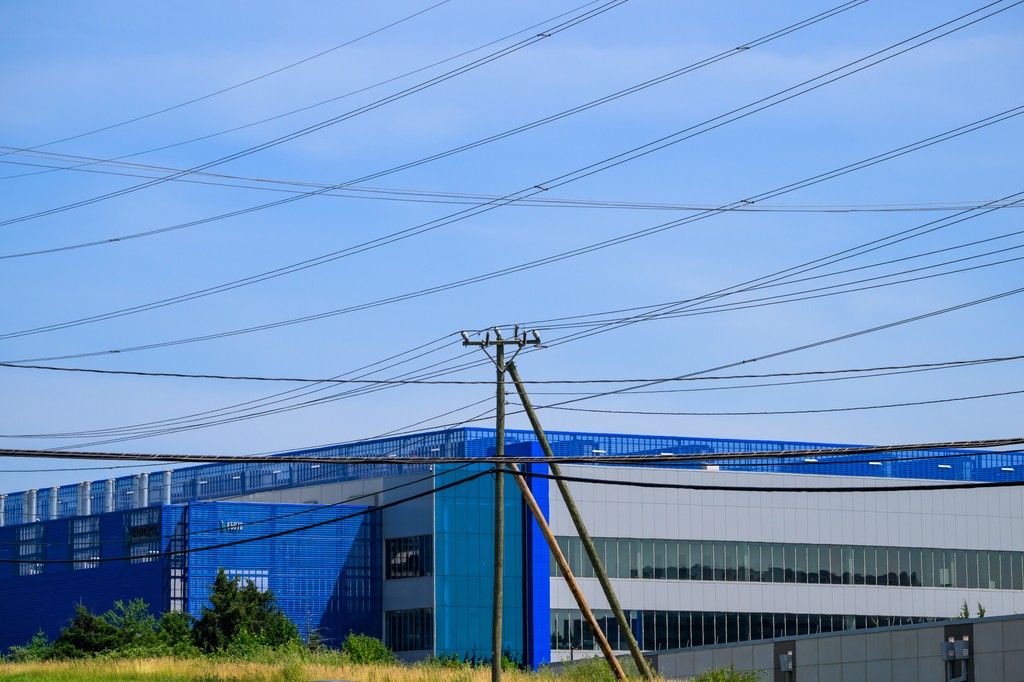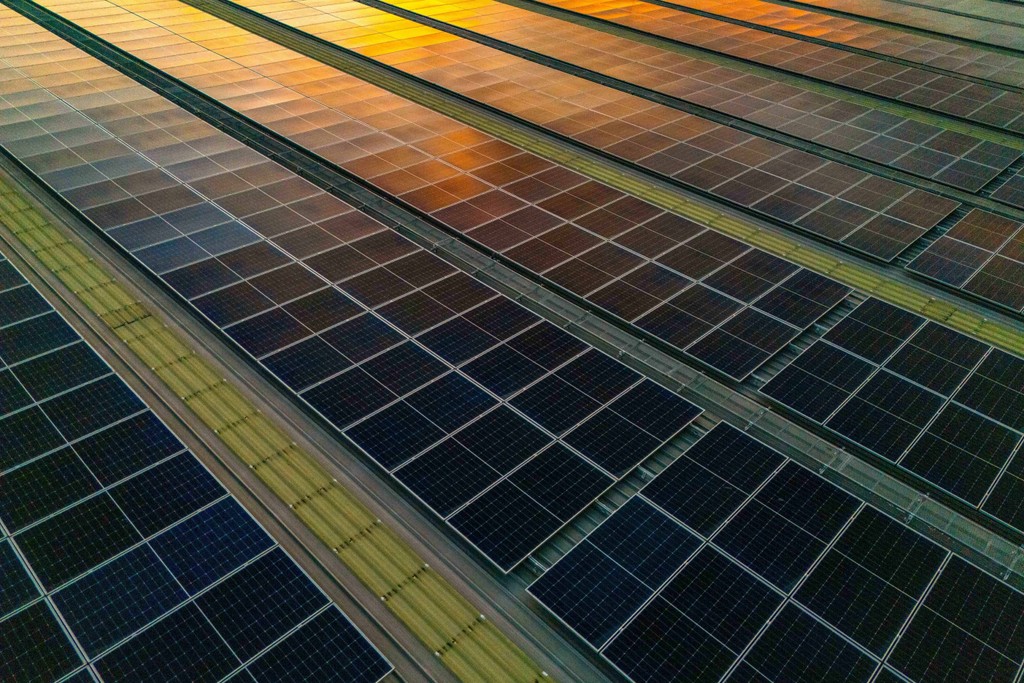PRESS RELEASE
Vietnam Power Sector Needs More Renewables to Achieve Decarbonization Goals: Report
BloombergNEF: Renewable energy can meet Vietnam’s growing electricity demand without compromising energy security and affordability
Utility-scale solar is already the cheapest source of electricity in Vietnam, and the country has great potential for developing offshore wind power
Singapore, October 23, 2023 – Vietnam’s long-term goal to phase out the use of coal for power generation by the 2040s and achieve net zero by 2050, faces challenges that arise from its rapid economic growth and increasing power demand. Renewables, and in particular solar, are set to be the cheapest option for Vietnam to meet the country’s growing need for electricity, according to a new report published by research firm BloombergNEF (BNEF).
The country has seen a lot of progress in its low-carbon transition over the past four years and is now at a pivotal moment. However, Vietnam must accelerate its efforts in the power sector, while ensuring energy security and affordability.
According to BNEF’s latest report, energy derived from utility-scale solar is already cheaper than building new coal and gas power plants in Vietnam. The levelized cost of electricity (LCOE) – the financial measure used by developers and investors – for a new utility-scale solar project in Vietnam ranges from $53-105 per megawatt-hour today, in comparison to $84-104/MWh for a combined cycle gas turbine (or CCGT), and $75-94/MWh for a coal power plant.

By 2030, solar paired with batteries will achieve a cheaper LCOE than new thermal power plants, while electricity from onshore wind paired with batteries would also become cheaper by the first half of the 2030s. Although these types of hybrid power plants are not as dispatchable as coal or gas, so cannot be switched on or off when needed, they do offer greater dispatchability than renewables alone, and so can help Vietnam achieve a higher share of clean energy.
“Renewable energy is now both an economic and sustainable choice for Vietnam,” said Caroline Chua, co-author of the report. “Renewables can improve the country’s energy security by lowering its dependence on LNG and coal imports, while also creating new job opportunities. Our sensitivity analysis shows that even if fossil fuel prices decline, renewables will still be more cost-effective than thermal power plants.”
That said, and despite the cost competitiveness of renewables, Vietnam is considering building more coal and gas power plants in this decade on the assumption that such power plants can run on cleaner fuels such as hydrogen or ammonia starting from the mid-2030s. However, BNEF’s analysis shows that retrofitting thermal power plants for these fuels will not be more economical than scaling renewables. A new utility-scale ground-mounted or floating solar plant is already cheaper than the cost of running existing thermal power plants. The same will occur for onshore wind by the early 2030s.

To fully eliminate carbon dioxide emissions, thermal power plants should only burn green hydrogen or ammonia. However, BNEF’s analysis has shown that this approach would also be significantly more costly.
“Building more thermal power plants on the assumption that they can be retrofitted for clean hydrogen or ammonia will saddle Vietnam with significant financial risk,” said Isshu Kikuma, co-author of the report. “Such an approach would mean relying on complex, nascent technologies to deliver Vietnam’s net-zero goal. Vietnam would be better off prioritizing domestic clean hydrogen for decarbonization of hard-to-abate sectors such as steel manufacturing.”
For the full report please visit this link. Vietnamese translation of the report is available here.
Contact
Oktavia Catsaros
BloombergNEF
+1-212-617-9209
ocatsaros@bloomberg.net
About Bloomberg
Bloomberg is a global leader in business and financial information, delivering trusted data, news, and insights that bring transparency, efficiency, and fairness to markets. The company helps connect influential communities across the global financial ecosystem via reliable technology solutions that enable our customers to make more informed decisions and foster better collaboration. For more information, visit Bloomberg.com/company or request a demo.






